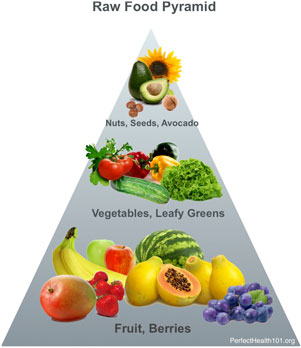05/20/2015 EAT FRESH
Mark 2: 23 Another time, on a Sabbath day as JESUS and HIS disciples were walking through the fields, the disciples were breaking off heads of wheat and eating the grain. Some of the Jewish religious leaders said to JESUS, “They shouldn’t be doing that! It’s against our law to work by harvesting gain on the Sabbath.”
Ruth 2:2-9 One day Ruth said to Naomi, “Perhaps I can go out into the fields of some kind man to glean the free grain behind his reapers.”… Boaz arrived from the city while she was there. After exchanging greetings with the reapers he said to his foreman, “Hey, who’s that girl over there?” And the foreman replied, “It’s that girl from the land of Moab who came back with Naomi. She asked me this morning if she could pick up the grains dropped by the reapers, and she has been at it ever since except for a few minutes’ rest over there in the shade." Boaz went over and talked to her. “Listen, my child,” he said to her. “Stay right here with us to glean; don’t think of going to any other fields. Stay right behind my women workers; I have warned the young men not to bother you; when you are thirsty, go and help yourself to the water. [Living Bible Translation]
Summary
Gleaning was quite common during Biblical times. After a field had been harvested, others were allowed to collect the leftover crops to eat. Today some might considered it part of the Biblical “welfare system” or “Social Security” system. It was a way to provide for those who could not provide for themselves or to help someone “make ends meet.” Ruth and Naomi were both widowed and poor. Their husbands were dead and Naomi had just returned to Bethlehem. And, Ruth a Moabite. In other words, she wasn’t from Bethlehem, she probably didn’t look or dress like “everyone else,” and she wasn’t even Jewish! She was “a foreigner.” Like the foreman, many people probably didn’t even know her name or care to know it. Ruth was just “that girl from Moab who came back with Naomi.”
However, Boaz’ attitude toward both Ruth and Naomi was gracious, polite, supportive and protective. Boaz referred to Ruth as “my child,” letting her know that “she was family.” He made sure Ruth was protected and tried to make “her situation” as comfortable as possible. Boaz went the “extra mile.” The scriptures state that at lunchtime, Boaz invited Ruth to come eat with him, sharing what he had with her--(Verse 14). He not only gave her food, he gave her more than she could eat. Later when she returned to work, Boaz told his men to let Ruth glean right beside them and told them to snap off a few heads of barley and drop them on purpose so Ruth would be assured of having enough for herself and Naomi--(Verse 18). In other words, Boaz not only allowed Ruth to eat fresh food but wanted to try to give Naomi and Ruth a fresh start.
JESUS’ and the disciples’ gleaning experience is in stark contrast to Ruth’s. The disciples were also eating fresh in a field. They were Jewish, just like the religious leaders they encountered. JESUS was preaching to large crowds and teaching, so HE was no stranger. Although there is no evidence that religious leaders even owned the field, there is no generosity, no politeness, no concern or love. They just wanted JESUS and HIS disciples to disappear.


